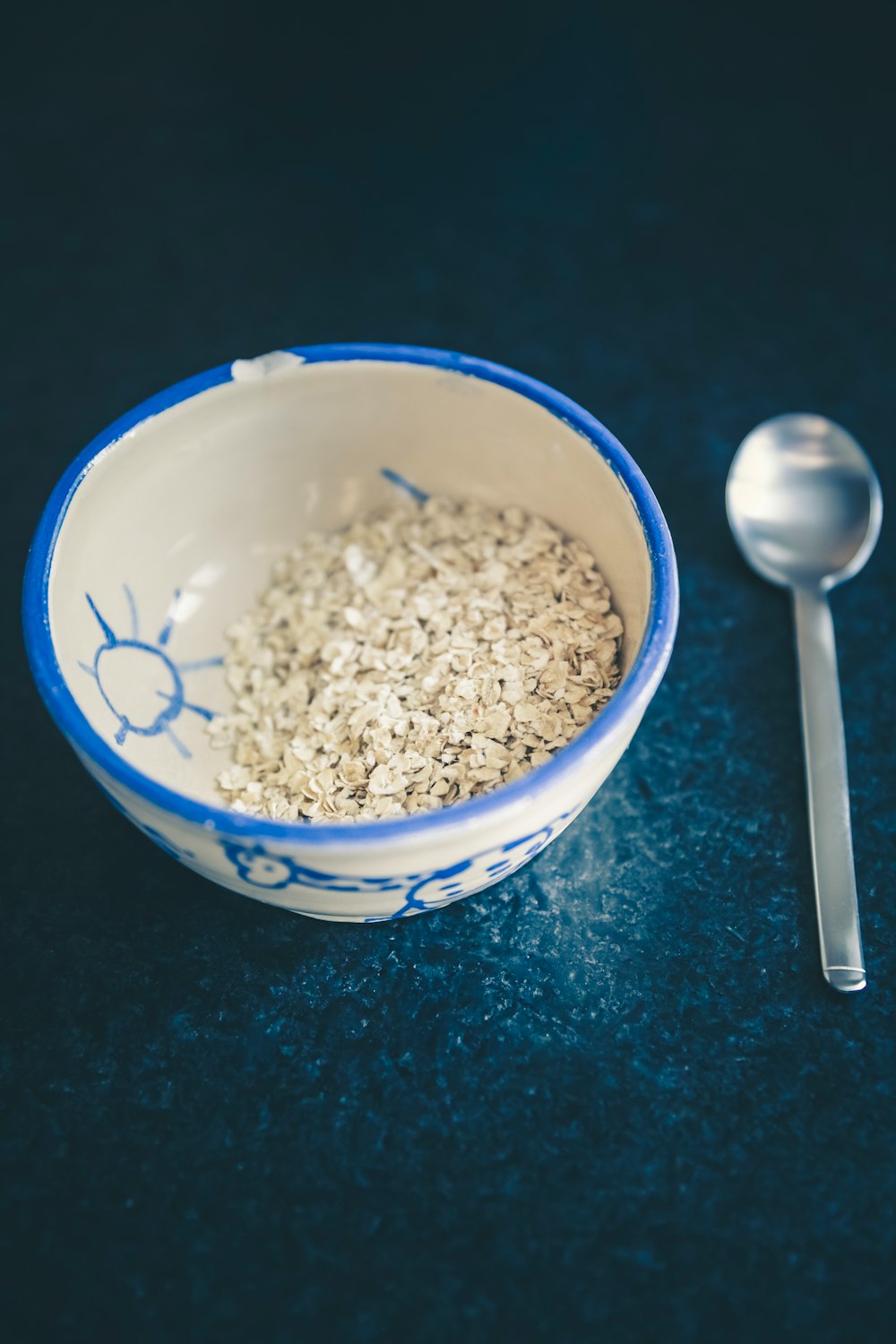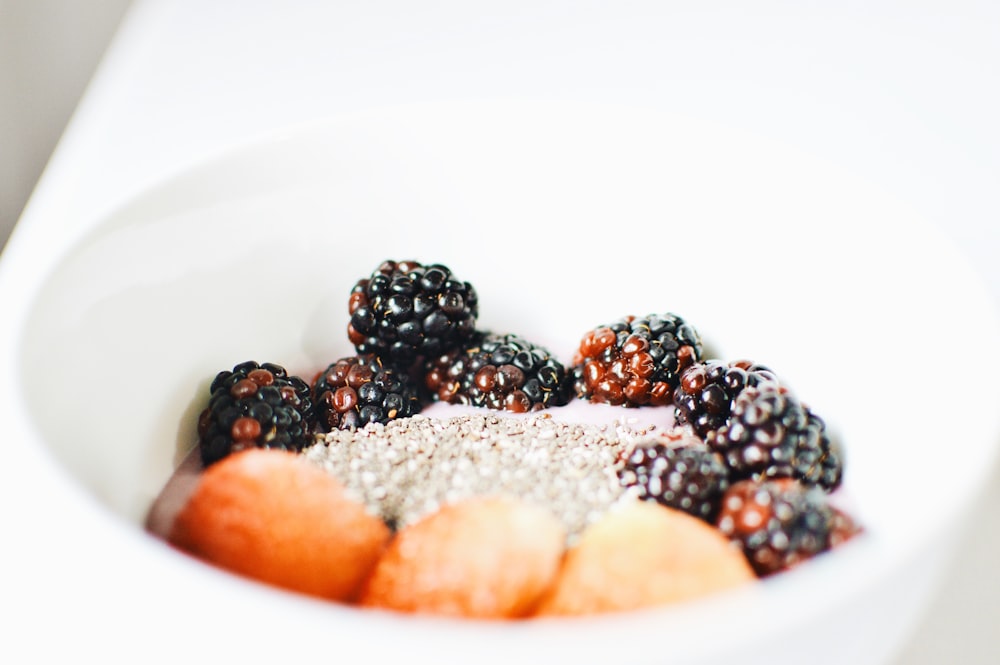People often assess whether they are eating in a healthy manner by the amount of nutrition they consume on a daily basis. Unfortunately, that’s not very effective at all. Yes, you should consider the nutritional value of what you are eating, but another more important factor you need to monitor is the tolerance level of your body with certain kinds of foods.
If you are used to monitoring your diet, you must’ve observed many food trends with the passage of time. When consultation with dietitians became a popular trend, the candida diet was preferred by many patients who were willing to follow a sugar-free diet. The Paleo diet was popular between the years 2013 and 2014 at a time when gluten-free products were abundantly available in the market.
Nowadays, the ketogenic diet is the leading trend, followed by many people around the world who want to reduce weight. The focus of dietitians is to formulate a diet plan that is customized to the requirements of each individual’s distinct needs, one that offers a combination of different meals without making them deviate too much from their everyday diet or scaring them with the side-effects of sugar, dairy, or legumes.

In the quest of following a healthy diet, many people are willing to eliminate certain kind of food from their diet, especially during that initial stage when they begin shedding a few pounds. However, the long-term impact is not so favorable.
In fact, such aggressive diet plans are unhealthy because selective elimination of otherwise essential foods from the diet results in the elimination of essential nutrients, which results in people experiencing gastrointestinal issues, fatigue, or even cardiac issues as a side effect. For example, when people start following a vegan diet, they report an excessive gas buildup in their stomach which then causes bloating and nausea.
A Nutrient-Rich Diet Is Not Digestible By Everyone
Roughage is the thick and crunchy part of leafy green vegetables which is insoluble in water and hard to chew. When they reach the digestive tract, they are not easy on the organs because a lot of acid and digestive effort is required to turn them soft enough before they may be passed. This is only one of several examples of the kind of challenges posed by a healthy nutrient-rich diet.
Another challenge posed by insoluble fiber is that, as it is insoluble in water, it does not help in keeping the digestive tract lubricated enough to support regular bowel movement. People with IBS (Irregular Bowel Syndrome), which is prevalent in around 25-40 million people in the US alone, can experience abdominal pain in the form of cramps. Insoluble fiber can also cause constipation in people who have a slow metabolism.

You Are Not Necessarily What You Eat
There are so many healthy diet options out there, but unfortunately each has a bias in favor of a specific group of nutrients. For example, antioxidant-focused diet (mostly vegetables), vitamin-focused diet (mostly fruits), Mineral-focused diet (mostly seeds), good fats-focused diet (mostly fish), folate-rich diet (mostly beans), and anti-inflammation focused diet (mostly teas and herbs) all lean towards a certain food group.
What these diets and allergies have in common is that both place an emphasis on the type of food we consume. On top of being inherently resistant to certain types of foods, any person wanting to follow such a diet plan may feel inadequate about not being able to follow a healthy diet.

A Healthy Diet Needs to be Fun
A healthy diet is not medicine that you consume ill-heartedly to achieve a certain physical goal. It is a lifestyle that you adopt after testing through all sorts of different healthy diet options, which extends far beyond just kale salads.
What someone on Instagram posted may not be your ideal choice in terms of benefits or taste so there is no reason to force it down your stomach.




